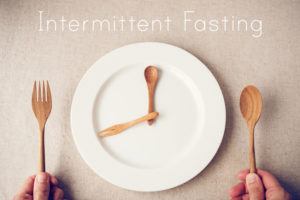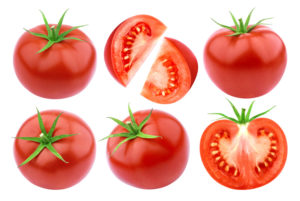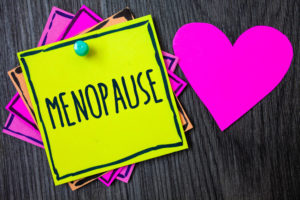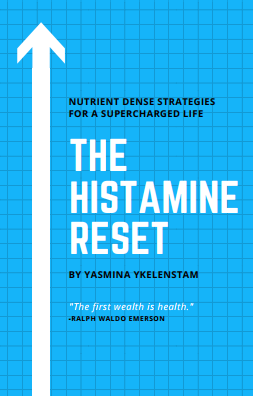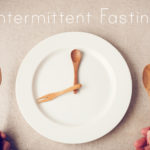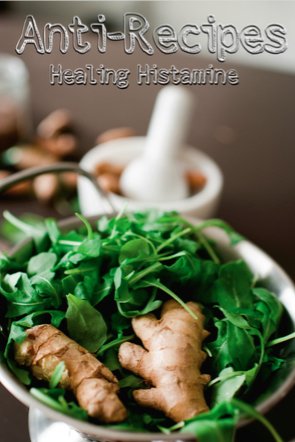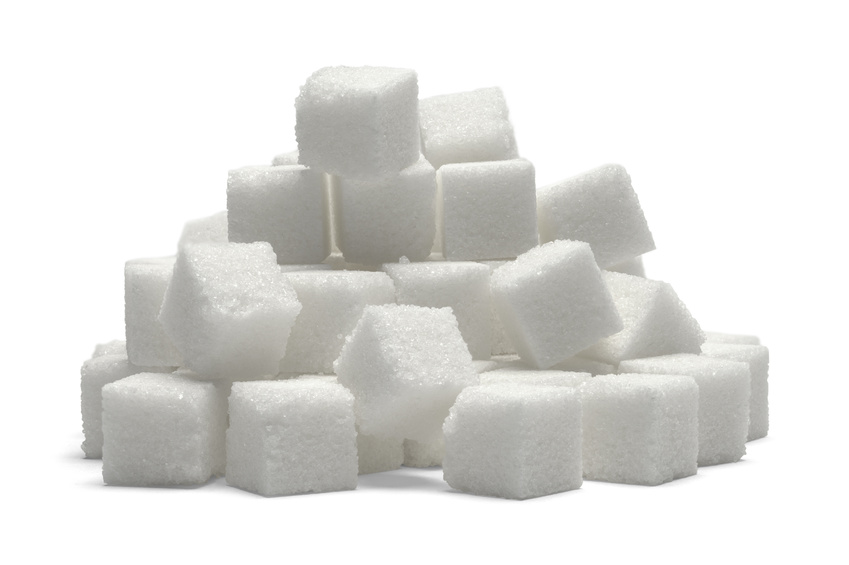
Feeling tired and dizzy after eating, as well as having low blood sugar symptoms between meals, is all too common in histamine intolerance and mast cell activation. Histamine inflammation is a key player in all these, and yet there’s more to it than meets the eye.
histamine and blood sugar
Histamine and blood sugar are very strongly linked. Blood sugar fluctuations can affect histamine levels, and histamine can contribute to the development of diabetes.
Medical studies show that:
- Diabetic animals were found to consistently have lower levels of the histamine degrading diamine oxidase (DAO) enzyme
- In animal studies, blocking the histamine 3 receptor (H3) reduced glucose levels in diabetic subjects
- Diabetics have been found to have increased histamine levels and mast cells
Mast cell stabilisers and antihistamines have been shown to decrease diabetic complications
TOXIC HUNGER
New York Times bestselling author Dr. Fuhrman, M.D., believes that “food addicts and unhealthy eaters feel the detoxification symptoms (as fatigue) after digestion is finished, so they look to eat again for energy (which halts the detoxification, so they feel better) even though they don’t need the calories. This inevitably leads to being overweight and unhealthy.”
This tripped me up for years!
I suspected blood sugar problems for the longest time and while living in Cairo, Egypt, I’d keep running to the pharmacy next door every time I felt a blood sugar episode coming on, only to be disappointed with totally normal results. I came to realise only years later that what was actually happening was a blood pressure crash, combined with the junk that I had eaten being worked on by my immune system.
Now I’ve also come to believe that the symptoms I felt after eating were actually the result of histamine being released and making its way around.
Testing blood sugar
- Ask your doctor for a Fasting Blood Sugar (FBS) test
- Purchase a hand held insulin testing device. My functional medicine doctor at Cedars Sinai (Dr. Stephen Meeneghan) advised me to test in the morning, after eating each meal and after eating some sugar on its own, and then sugar with food.
 Fixing blood sugar
Fixing blood sugar
Metformin: I know many of us don’t like to take meds but hey, this could be causing a ton of problems so this could be a temporary fix
Herbs: a recent review of the medical literature found promise in natural treatments but cautioned further study was needed, so please be sure to work with a doctor if you’d like to explore the following.
BLOOD SUGAR REGULATING HERBS
Bitter melon
Fenugreek
Berberine
Nopales cactus (which is also highly anti-inflammatory and antihistamine)
Ginseng
Garlic
Ginger
And the flavonoids found in all of my recipes in the 28 day histamine reset.
STRATEGIES
- Remember that sugar is sugar, but it’s easier on the body and blood sugar if you get it from whole fruits. I skip the carbs and go for the whole fruit. Offer me a bar of chocolate or a piece of fruit and I’ll go for the latter happily every time.
- Making sure to eat some fat and protein with carbohydrates is a quick home fix to prevent blood sugar spikes
- Eliminate junk/unhealthy foods: according to Dr. Michael Greger, the oxidating effects of these foods cause systemic dysregulation of the immune system that triggers in the space of just four hours (read Dr. Fuhrman’s quote below that backs this statement).
- Adding minimally processed, antioxidant rich foods, was found to mitigate this inflammatory and blood sugar response, even if you combined the amazing foods with crappy ones! Apparently just smearing white wonder bread with a bit of almond butter was enough to have a significant positive impact.
- Fasting Mimicking Diet: I know “people” say you shouldn’t fast if you have blood sugar issues, but all evidence to the contrary. Dr. Valter Longo, head of the University of Southern California Longevity Institute, recently published studies showing that his fasting mimicking diet (FMD) is able to reverse the symptoms of diabetes and insulin resistance in just five days a month.
How Eating causes sleepiness
If eating leaves you in a food coma, there’s good reason to believe histamine inflammation is involved. Any time we eat, no matter what we consume, histamine is released to kickstart the digestive process. If you are already suffering from excess histamine, either because you lack the histamine degrading diamine oxidase (DAO) enzyme, or your mast cells are unstable and releasing too many inflammatory agents (histamine among them), if no other cause can be found, then following a histamine balanced or low histamine diet (more on the difference here), could be helpful
Read more about diagnosing histamine disorders here.
- Too many glucose triggering complex carbohydrates (grains, sugars) will suppress the wakefulness promoting peptide orexin
- Ingesting foods that cause inflammation generally (corn, dairy, sugar, junk food) will also suppress orexin
- Histamine released by digestion, with or without eating high histamine foods, can trigger a powerful sleep-like state caused by a blood pressure crash called syncope
- Excess histamine is linked to narcolepsy, so a massive release of histamine after eating could trigger intense sleepiness
- Excess histamine is involved in dysautonomia related episodes after eating
There was a time where it was absolutely normal for me to pass out at the dinner table. My head would just suddenly make a bee-line for the table top and I’d kind of lie there, asleep but not, pretty much immobilised. It was terrifying. I could frequently hear what was happening around me but be powerless to move or say anything.
The only way to really address was to slowly lower inflammation, eat a very healthy diet high in healing nutrients and to be patient and let go of the stress surrounding it.
It’s very unpleasant if it happens when driving. When this happened to me in the past, I would just find a safe place to pull over (get off the freeway or whatever) and just find a calm street to park on. These episodes never took me by surprise, they’d take about 30 minutes to fully come on, giving me time to get somewhere safe. I’d roll up a jacket under my head and “snooze” for about another 30-40 minutes and then it would totally pass.
What I learned is that fighting this extreme exhaustion only made me feel much worse; pretty irritable, confused and sometimes incoherent. I’ve even been known to get into a bathroom stall and take a few minutes resting my head on the wall if there was absolutely nowhere to lie down.
—- REFERENCES —–
“Dr. Fuhrman Answers the Top Questions He Is Asked Most.” DrFuhrman.com. N.p., n.d. Web. 26 July 2017.



